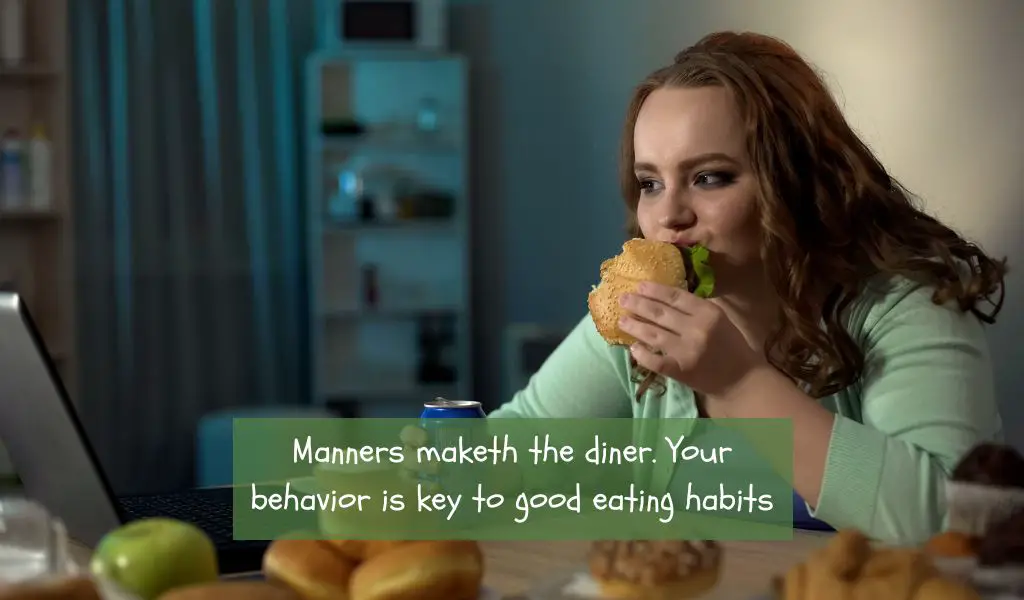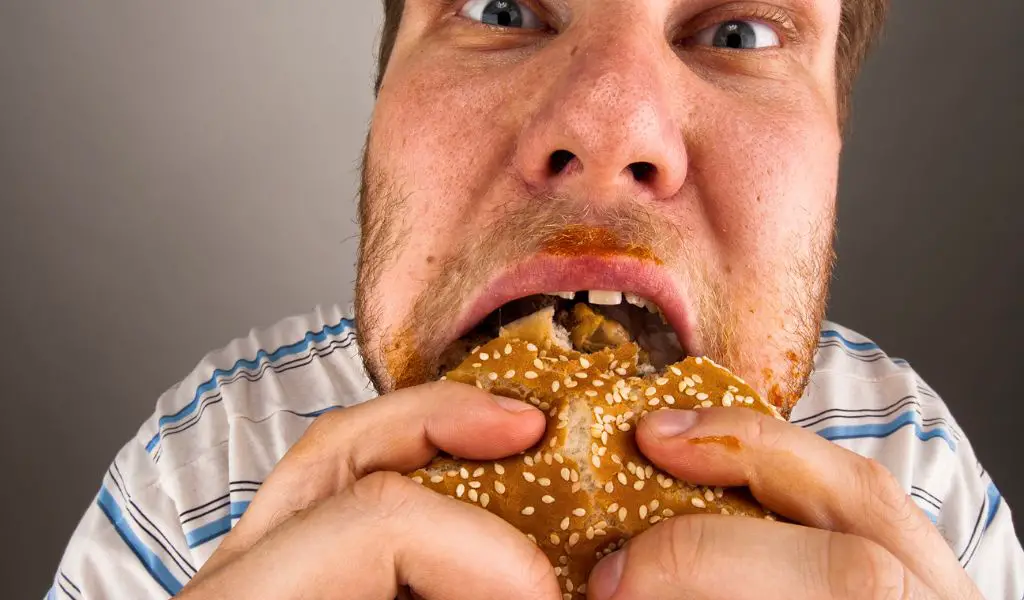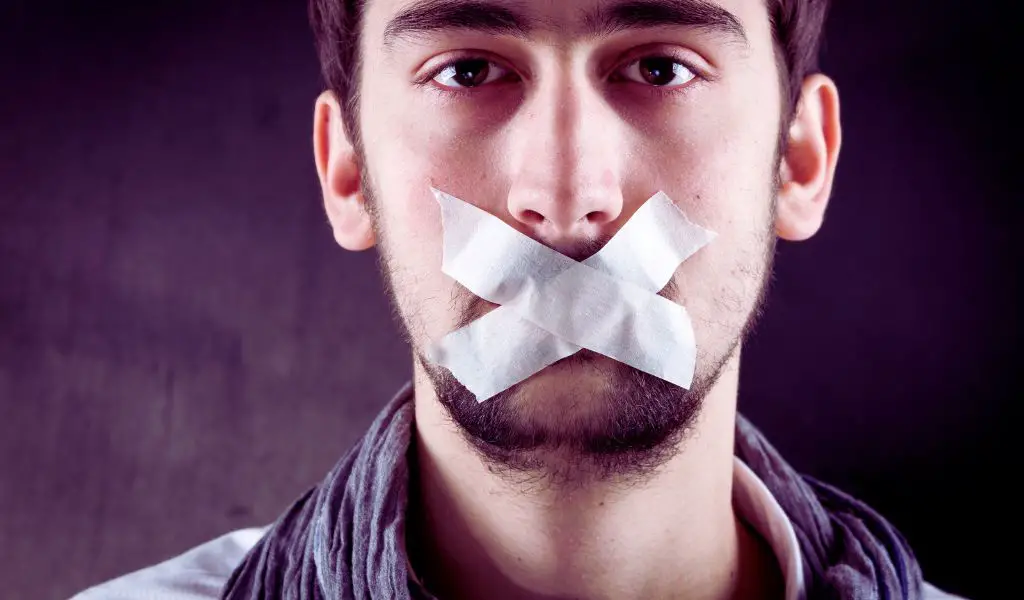Eating in public can be a challenging experience, especially if you struggle with chewing quietly.
No one wants to be the source of embarrassment or disruption in a restaurant or social setting.
Luckily, with a few simple techniques and mindful practices, you can learn how to chew quietly and enjoy your meal in peace.
Here are some tips and tricks to help you chew quietly:
Slow Down
Eating too quickly can cause you to chew more loudly and swallow more air, which can lead to noise and discomfort.
By slowing down your eating pace, you can help reduce the sound of your chewing.
Eating slowly allows you to enjoy your meal to the fullest and also gives your brain time to signal that you’re full.
Slowing down also reduces the risk of overeating and improves digestion.
To slow down, try setting your fork or spoon down between bites, taking a sip of water, or even counting to 10 before taking your next bite.
Chew Thoroughly
Make sure to chew your food thoroughly before swallowing.
This will help reduce the size of the food in your mouth, making it easier to chew quietly.
The recommended number of chews before swallowing is 30, but this can vary depending on the type of food you’re eating.
Proper chewing not only helps you chew quietly, but it also helps with digestion, as it breaks down food into smaller pieces, making it easier for the stomach to process.
Soft Foods
Choosing soft foods can also help you chew quietly.
Foods like mashed potatoes, scrambled eggs, and pasta are much easier to chew quietly than crunchy foods like carrots or apples.
Soft foods are also easier to digest and less likely to cause discomfort or noise when eating.
If you’re in a situation where crunchy foods are unavoidable, try cutting them into smaller pieces, which will reduce the noise of your chewing.

Keep Your Mouth Closed
It may seem obvious, but keeping your mouth closed when you’re eating can help reduce the noise of your chewing.
Keeping your mouth closed also helps to reduce the risk of air swallowing, which can cause discomfort and noise.
It’s also a lot more polite and means that your dining partners won’t see your food churning around inside your mouth like a washing machine.
Cover Your Mouth
Covering your mouth with your hand or a napkin can help muffle the sound of your chewing.
This is especially useful when eating in public or in a quiet setting, such as a library or church.
Covering your mouth can also help you to be more mindful of your chewing, which can help you chew more quietly.
Relax
Tension and stress can make you chew more loudly.
Try to relax and enjoy your meal, which can help you chew more quietly.
Taking deep breaths, closing your eyes, and focusing on your food can help you to relax and enjoy your meal.
This can also help you to be more mindful of your chewing, which can help you chew more quietly.
Practice
Like any new skill, it takes time and practice to learn how to chew quietly.
With patience and persistence, you can master this technique in no time.
Try incorporating these tips and techniques into your daily eating habits and pay attention to how they improve your chewing.
Practicing in a quiet and relaxed setting, such as at home, can also help you feel more confident and comfortable using these techniques in public.
Final Words
In conclusion, learning how to chew quietly is a simple and practical way to improve your dining experience.
By using these tips and techniques, you can enjoy your meals in public without feeling self-conscious or disruptive.
Remember, the key is to relax, be mindful of your chewing, and practice, practice, practice!







